What We Do
OFFERING WORLD CLASS DIAGNOSTIC SERVICES


Hematology
Read More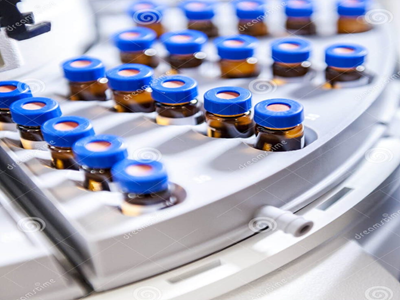
Biochemistry
Read More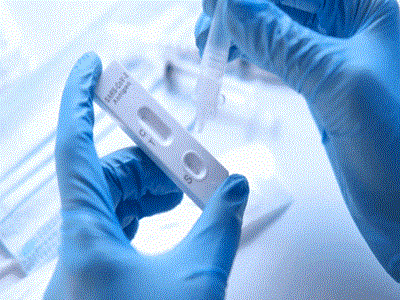
Serology
Read More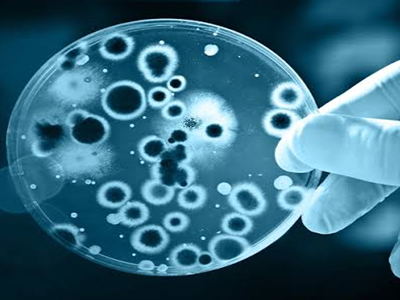
Microbiology
Read More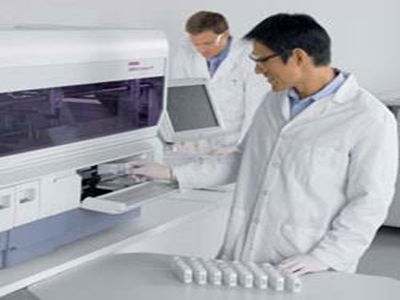
Immunology/Hormones
Read More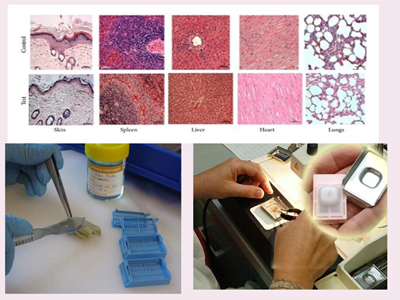
Hisphathology/ Cytology
Read More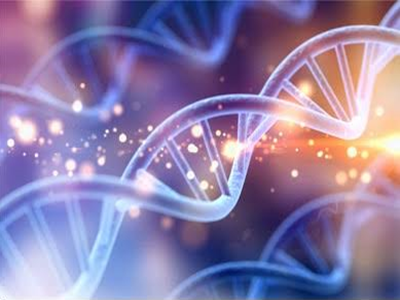

Clinical Pathology
Clinical pathology is a medical specialty that is concerned with the diagnosis of disease based on the laboratory analysis of bodily fluids,such as blood, urine, and tissue homogenates or extracts using the tools of chemistry, microbiology, hematology, molecular pathology, and Immunohaematology.
Hematology
The Hematology Department performs a wide range of tests from basic blood cell count to routine and special coagulation assays, bone marrow examinations, hemoglobin analysis and blood bank services. The Full Blood Count is performed on our automated hematology analyser which provides information on the quantity and quality of platelets , red and white blood cells. This information aids in the diagnosis of conditions such as anaemia, thalassaemia, leukemia and infections, particularly dengue. Based on the results obtained and clinical history of the patient, a blood film is made and reviewed under the microscope for final reporting by a trained scientist. Selected film with significant abnormal results or blood film finding is then referred to our Consultant Hematologist for confirmation.// Our Coagulation Section provides services to access patient's haemostasis status which is particularly important for patients on anticoagulant therapy. Besides that, special coagulation tests like Lupus Anticoagulant, Protein C, Protein S,Antithrombin Ill, Factor V Leiden, Factor VIII and Factor IX are also available to assess congenital and acquired coagulopathies. These tests are performed on selected days.


Biochemistry
The Department is fully automated with state of the art, high throughput analysers which employ contemporary methodologies for all testing. The Department has the capacity to produce in excess of 6000 test results per hour and the analysers are directly interfaced with the Laboratory Information System.
The Clinical Biochemistry Department offers a comprehensive range of testing in areas of routine general chemistry, specific protein chemistry, urine drug screening, endocrinology, tumour markers, allergy and antenatal screening for Down's Syndrome. The majority of analyses are performed as samples arrive, however there are some lower volume and more esoteric tests which are performed only on selected days. As many of the reference ranges quoted against results are age and gender specific, it is important to note the date of birth and sex of the patient on the request form.
Serology
Serological tests are diagnostic methods that are used to identify antibodies and antigens in a patient's sample. Serological tests may be performed to diagnose infections and autoimmune illnesses, to check if a person has immunity to certain diseases, and in many other situations, such as determining an individual's blood type. Serological tests may also be used in forensic serology to investigate crime scene evidence. Several methods can be used to detect antibodies and antigens, including ELISA,agglutination, precipitation, complement-fixation, and fluorescent antibodies and more recently chemiluminescence


Microbiology
The Microbiology Department performs a wide variety of m crobiological testing including Bacteriology, Mycology, Mycobacteriology, Parasitology, Serology/ Immunology, Molecular Diagnostics and Environmental testing. Microbiology culture employs the conventional methods with current technology to isolate the causative agent of infection. Accurate and relevant results in microbiology depend on both the doctor and the laboratory. Submission of the best specimen type for a particular test or recovering a specific microorganism is of paramount importance for a successful outcome. Factors contributing to the successful isolation of potential pathogens include specimen selection, quality, collection, and transportation to the laboratory. Relevant clinical information is also needed to help the laboratory in processing the specimen optimally. Recent, current or intended antimicrobial treatment should be indicated to help the microbiologist interpret test results and help in the selection of antimicrobial to be tested. The Immunology and Serology section provides services mainly for Autoimmune Serology, Infectious Disease Serology and Sexually Transmitted Diseases .
Watersample testing includes Total plate count, Total coliform and Faecal (E.coli) coliforms. Swabs are tested for bacterial and fungal growth. Air quality testing is performed using the open plate method for detecting both bacteria and fungal growth.
Immunology/Immunoassays
Immunology is a branch of biology involved with the study of the immune system, components of the immune system, its biological processes, the physiological functioning of the immune system, types, its disorders and a lot more. Immunoassay is a method that uses the specific immune response of antigens and antibodies to detect prohibited substances. A wide range of medical tests are immunoassays, called immunodiagnostics in this context.


Hisphathology/ Cytology
Cytology is the study of cells which incorporates Gynaecological, Non-Gynaecological and Fine Needle Aspirate Cytology. This study involves the detection of precancerous and cancerous cells taken from different parts of the body. The services provided by our Cytology Department are:
Our Cytotechnologists hold post-graduate qualifications in Cytopathology, either the Cytotechnology Certificate of the International Academy of Cytology CT(IAC).. Emphasis on Quality Control, Quality Assurance, cost effectiveness and continuing education is the hallmark of our Cytology Department.
Molecular Tests
The Molecular Diagnostics section provides services for detection of infectious diseases using polymerase chain reaction. Test includes STDs (Chlamydia & Gonorrhea, Human papillomavirus), M. tuberculosis complex, Alpha thalassaemia (SEA type), Influenza A/H1 N1 pandemic, quantitation of HIV-1 RNA, Hepatitis B DNA and Hepatitis C RNA and HCV genotype . These tests are performed on selected days.
